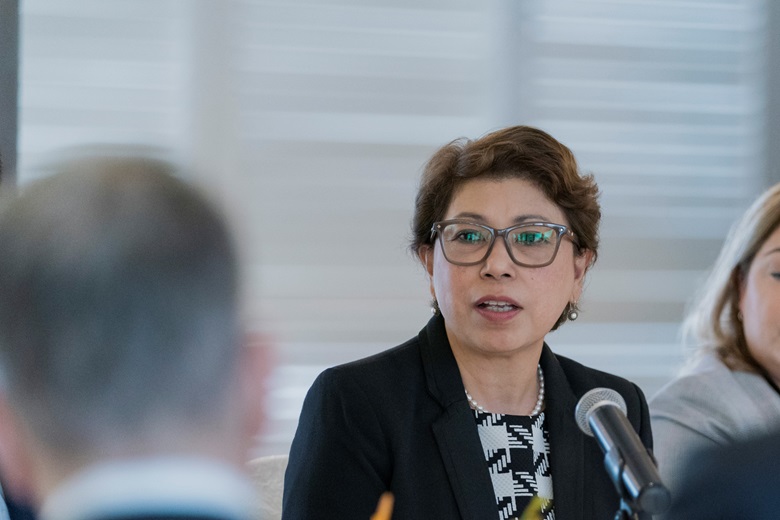Lessons of the pandemic will inform policy for decades

Over 11-12 November, APEC leaders will meet for a second time this year in a virtual space hosted by New Zealand and Prime Minister Jacinda Ardern, to lay out a plan to implement the APEC Putrajaya Vision, the region’s 20-year vision for an “an open, dynamic, resilient and peaceful Asia-Pacific community by 2040.”
Through the Vision, leaders agreed to expand APEC’s focus on growth driven by trade and investment with pressing issues of interest such as digital disruption and the need for economic inclusivity and sustainability.
Top of the agenda will, of course, be the ongoing pandemic. We’ve lived 20 months under COVID-19. It has damaged many lives and changed the way we work. While vaccination programs have been underway since the start of the year, they continue to be uneven, plagued by distribution and supply issues.
The leaders will therefore deal with both the strategically long-term and the immediate. These two areas of discussion are not incompatible. The COVID crisis has exposed many problems entrenched in our economies which will only grow into more severe headaches for governments if they kick the can down the road.
The pandemic has taught us some very important lessons about how crucial intergovernmental cooperation and coordination is during a crisis. We’ve seen the uneven effects of downturns on certain economically exposed sectors such as the poor, young people, women and Indigenous communities; how economic, trade and health policies are intertwined; and how essential trade relationships have been as a tool for recovery.
Acknowledging the historic severity of the situation, the APEC forum changed how it has held council for over 30 years by scheduling an informal leaders’ retreat, virtually, last July. Leaders sent a message on the need to get vaccine rollout underway and for members to cooperate in setting the stage for recovery.
Subsequently, discussions focused on which trade tools can facilitate the wider vaccination of populations and ensure that protective equipment as well as necessary instruments and machinery needed to combat this pandemic are distributed with minimal restrictions.
APEC has made commitments to economic reform and policies surrounding essential services and transportation hubs, as well as on women's economic empowerment, nurturing the Indigenous People’s economy, and closing digital and economic gaps across the region. In addition, APEC has made agreements on digital customs procedures, guidelines based on best practices and, crucially, fast lanes for medical goods that can cut shipment time from eight days to a matter of hours.
These lessons and initiatives resulting from the pandemic will be relevant in the long term. The region will be able to weather future crises if economies are more inclusive, have secure healthcare systems and social safety nets, and have adaptable trade policies and relationships in place.
As another example, over the coming years APEC will be engaging in discussions about how to implement structural economic reforms that can respond to the climate crisis.
Like COVID-19, climate change is an issue where the scientific community can only do so much before policymakers will need to step in as the real gamechangers. But it’s not the only thing to prepare for.
APEC is an ideal platform for governments to cooperate towards regional resilience. It is an avenue for bringing together different trade agreements into an eventual free trade area that spans both sides of the Pacific. APEC discussions are designed to be practical, free flowing and voluntary. As a result, the forum has a diverse membership, many work streams under its purview, and brings multiple sectors to the table.
The upcoming meetings—which will be hosted in a few days by Prime Minister Ardern as well as Minister Damien O’Connor and Minister Nanaia Mahuta—will be consequential in building back the economy to be more resilient and sustainable. COVID-19 has been a tragedy for millions. It would be more so if we let its lessons go to waste.
#
Dr Sta Maria is the Executive Director of the APEC Secretariat.
A version of this article was originally published by the New Zealand Herald.

